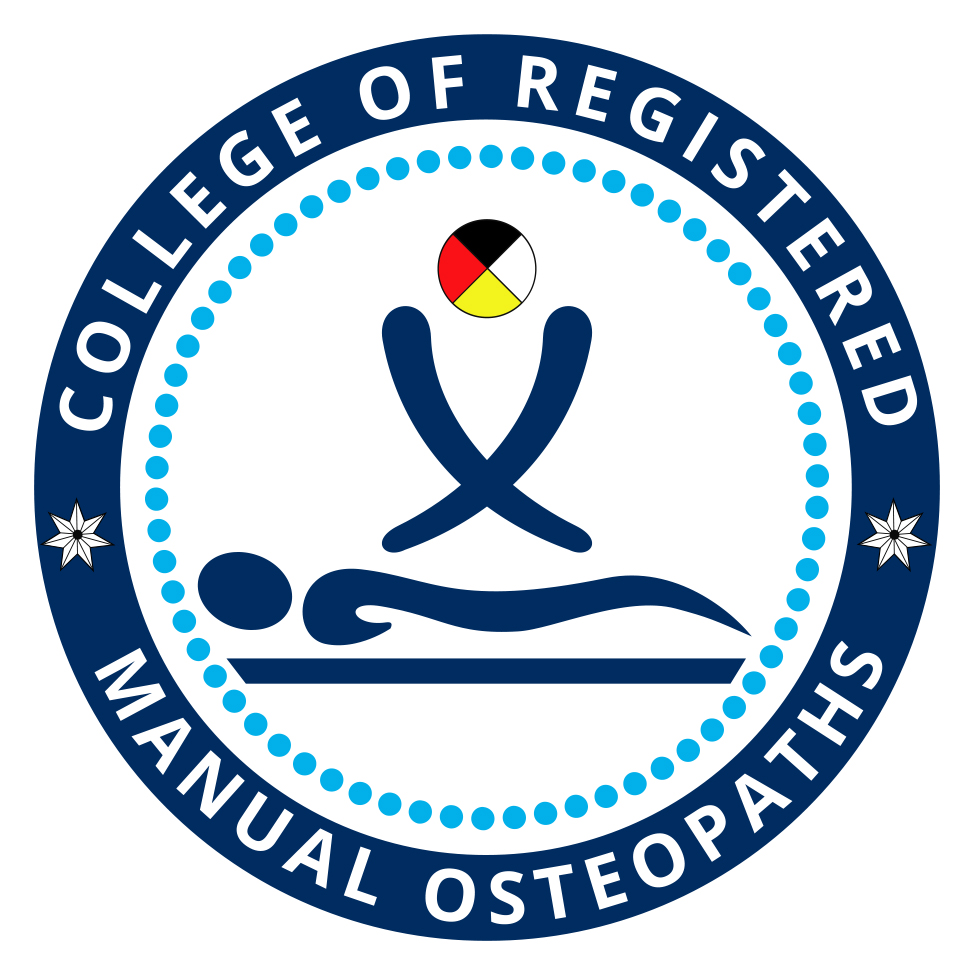Manual osteopathy is a hands-on healthcare. Registered manual osteopaths shall:
• Obtain the client’s consent before touching.
• Acknowledge that clients have the right to change their minds about consenting to procedures.
• Avoid causing unnecessary distress or embarrassment to the client by inappropriate touching.
• Show respect by maintaining the client’s dignity.
• Respect, as much as possible, the client’s personal sense of space.
• Use firm and gentle pressure when touching the client to give reassurance and produce a relaxed response, and;
• Avoid hesitant movements by being deliberate and efficient.
Registered manual osteopaths must recognize the client controls consent and:
• the client is entitled to know why, where and when he/she is to be touched;
• consent may be withdrawn at any time during a procedure;
• agreement, acquired verbally or non-verbally, is required before a client may be touched;
• special situations must be identified and possible options anticipated; and
• client concerns must be addressed first.
• Make clients, who must necessarily be partially unclothed, as comfortable as possible.
• Give clients clear instructions about how to wear the gown.
• Allow clients independence, and enough time and privacy while disrobing.
• Touch only those areas needed to facilitate removal of clothing when providing assistance to disrobe, and preferably, if the client is female, have a female assistant attend to the matter.
• Request the client’s permission for staff to observe.
To avoid perceptions of sexual abuse, make touching an acceptable encounter by:
• providing reassurance and explanations throughout the procedure;
• involving clients in some aspects of procedures, such as moving themselves in response to clear instructions;
• encouraging clients to identify affected areas or landmarks when possible; and
• constantly checking for the level of understanding and consent by the client.
Procedures requiring touching of clients are open to misinterpretation. Ensuring that clients understand at all times what is being done and why will greatly reduce the risk of offense. Considerate touching will encourage the client to relax and cooperate in ways that will save time and produce better results.

